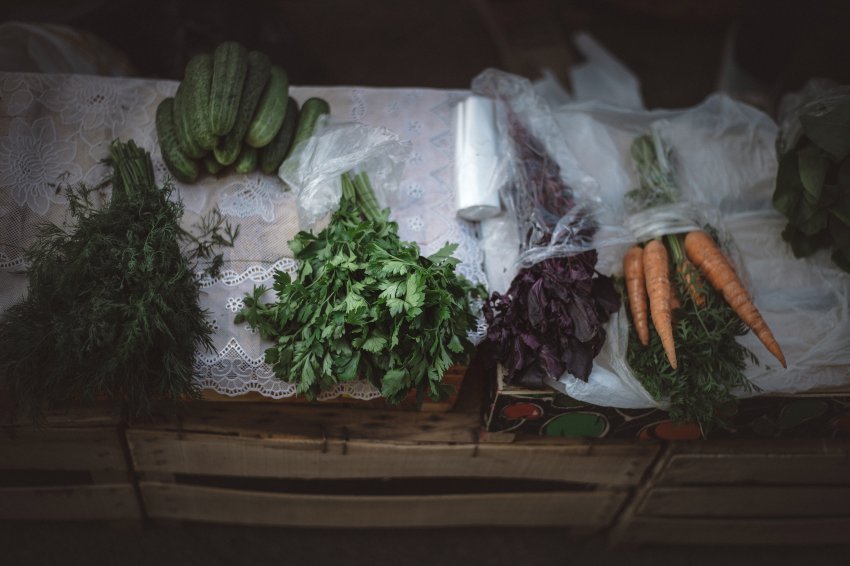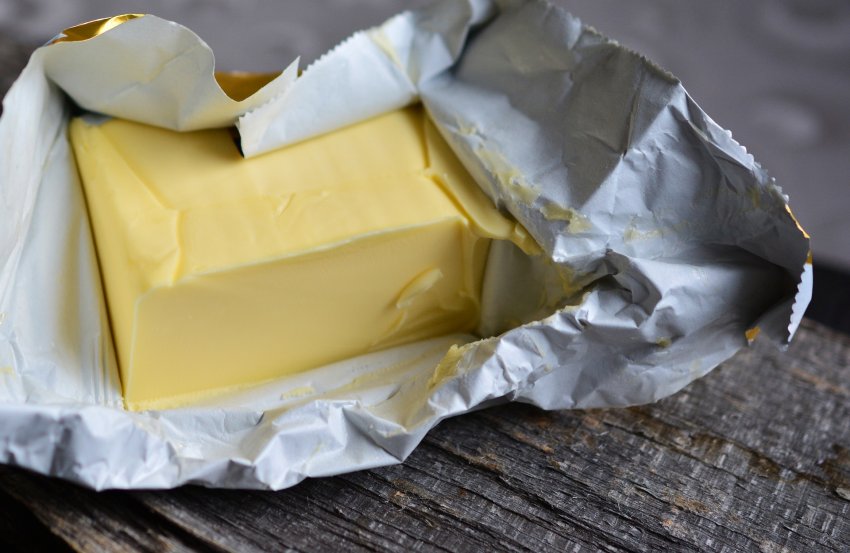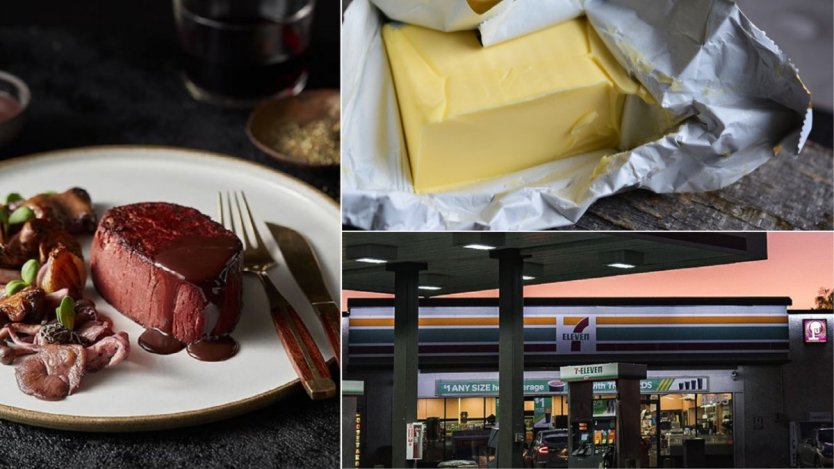In the food and beverage industry whether it comes to a new product or a new manufacturing process, there is constant innovation.
The increasingly high demand for alternative meats has been evolving, along with the process and the latest of the latter is the burgeoning industry that is 3D printed plant-based "meats". Recently, an Israeli startup company debuted its new 3D-printed steak and in a mildly related plant-based vein, Winnipeg's Merit Functional Foods has recently opened a large-scale facility and has been optimizing their production to meet demands of their clients.
Seemingly out of nowhere, 7-Eleven has applied for licenses to sell liquor in select locations across Ontario. In doing so, the company has caused plenty of controversy. In other Ontario-related news, a food program in a highly populated neighbourhood–largely made up of marginalized individuals–is facing an uncertain future as its funding is slowly drying up.
Last, but not least, if you've been wondering why your butter seems different lately, The Globe and Mail's Julie van Rosendaal has some insight for you in her latest feature.
These are some of the top (primarily Canadian) food news you may have missed this week.
Winnipeg-based protein plant debuts huge expansion
Merit Functional Foods, a relatively new plant-based protein manufacturing company has begun its rapid production of their products in their new facility in northwest Winnipeg. The company was created and built 18 months ago, along with their 94,000 square-foot facility that will feed the high demand of plant-based protein.
The level of confidence for the company was evident when Nestle publicly announced its collaboration with Merit before the construction of this gigantic facility was even complete.
Read the full article on the Winnipeg Free Press.
7-Eleven’s Plan on Selling Alcohol in Ontario

International convenient store giant recently announced their intention to apply for liquor licences for 61 locations across Ontario. The plan is to sell Ontario wine and beer to consume in a designated area in the store, as being able to serve liquor “compliments their fresh and hot foods program”, according to a company statement. Needless to say, independent foodservice operators are less than enthused.
Plenty more to read on this hot topic over on CBC News.
3D-printed meat producer garners plenty of buzz worldwide
It should come as no surprise that alternative "meat" has increased in popularity due to environmental and health concerns in recent years. From plant-based "meat" to lab-grown meat, this booming industry is becoming more innovative with its processes and Israel-based company Redefine Meat Ltd. is a great example of that. The startup has raised $29 million in funding to create a large-scale facility and plan to start sales of their 3D-printed proteins later this year.
Head to Bloomberg Green to read more about this curious company.
Food program in Toronto’s St. James Town facing uncertainty

In the densely populated neighbourhood of St. James Town, the St. James Town Emergency Food Relief program has been regularly providing nutritious foods to thousands of people on top of the typical nonperishable foods, but is now unsure whether it can sustain itself. The funding the food program had initially received is slowly depleting and, as a result, it may have to shut down by the end of March.
Read more about the situation on CBC News.
Potential Salmonella Outbreak in Atlantic Canada

There havw been many reports of Salmonella infections in both Nova Scotia and Newfoundland as of late. The Public Health Agency of Canada is partnering with Health Canada and the Canadian Food Inspection Agency in conducting an investigation of these outbreaks. Signs seem to be pointing towards eggs as a probable source of the infections, but nothing has been confirmed quite yet.
Read this CBC News article for more details.
How the pandemic has changed butter as we know it

Recently, Calgary-based food writer and author Julie van Rosendaal began a deep dive into Canada's butter production after sparking a conversation over the physical structure of everyday blocks of butter found at the grocery store.
Turns out, we've (often) got palm oil to thank for a firmer, much less spreadable butter.
Allow your world to be rocked with this feature in The Globe and Mail.













